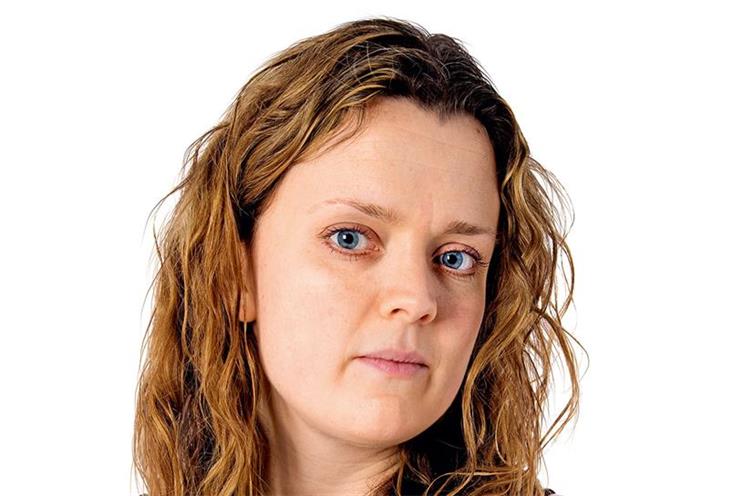Not all of them are revolutionary. Last week, GlaxoSmithKline decided to largely stick with its existing set-up, retaining Group M and Omnicom Media Group on its enlarged £1.1 billion global media business following its deal with Novartis.
Despite very little changing, GSK has managed to keep both Group M and OMG sweet. Group M has added work for the Novartis vaccine business GSK bought as well as for the companies’ consumer healthcare joint venture in the regions it has retained, including Europe. OMG, meanwhile, has picked up some new territories, such as Australia.
But what of the third contender for the business? The incumbent on Novartis, Starcom Mediavest Group, withdrew from the process early on. But, to my knowledge, the Publicis Groupe agency is still in negotiations about its existing contract on the former Novartis brands. I understand that, at the start of the review, GSK tried to get the agencies to move to a three-month contract, but all three refused. Although SMG dropped out of the process, its contract is due to run into next year and the network is trying to hold GSK to that.
SMG is right to stand up to GSK, which had revenues of £23 billion last year. But the negotiations have now become thorny. SMG’s sister creative network Saatchi & Saatchi works on many of the former Novartis brands. My sources tell me that GSK is trying to use that relationship to put pressure on SMG to acquiesce. And, if GSK persists, SMG executives might not have the power to cling on to the contract it signed not long before the review.
But that’s not the only example of tough negotiation from GSK. I understand that GSK also proposed an interesting solution for agencies not keen on its favoured 120-day payment terms. GSK offered a handy facility with Morgan Stanley that would allow the agencies to receive (most of) the money early, with GSK then paying the investment bank after 120 days. GSK holds on to the cash for the whole three months, Morgan Stanley gets a cut and the media agency pays the price.
Factoring, as the technique is known, is not a new thing – but, if true, it is another example of an international conglomerate trying to turn its agencies into a banking service. It comes as we hear tales of a retail brand offering to help organise a loan to meet an ad campaign’s production costs before the shoot rather than just paying for them straight away. The industry needs to stand strong against such tactics.


